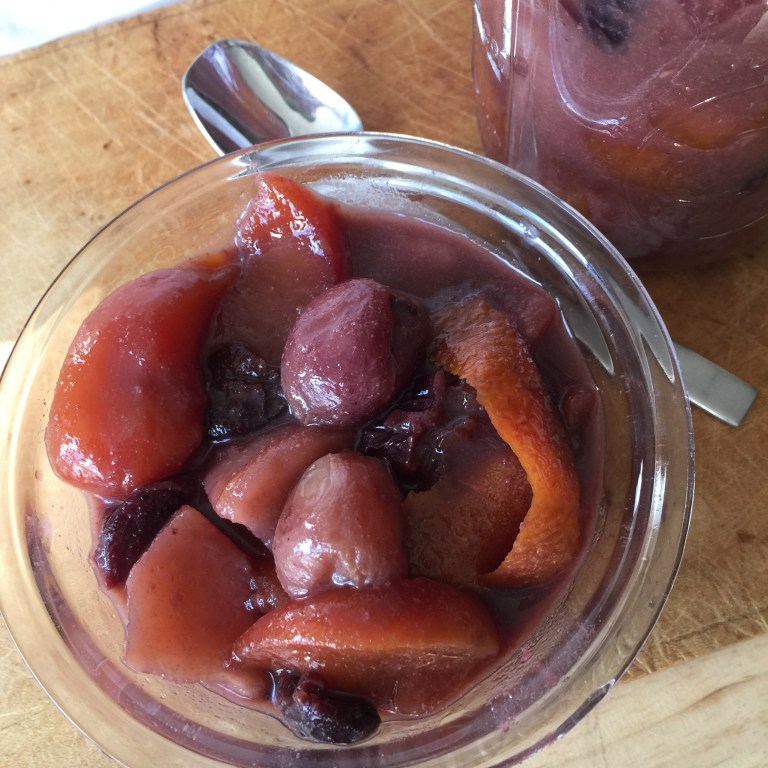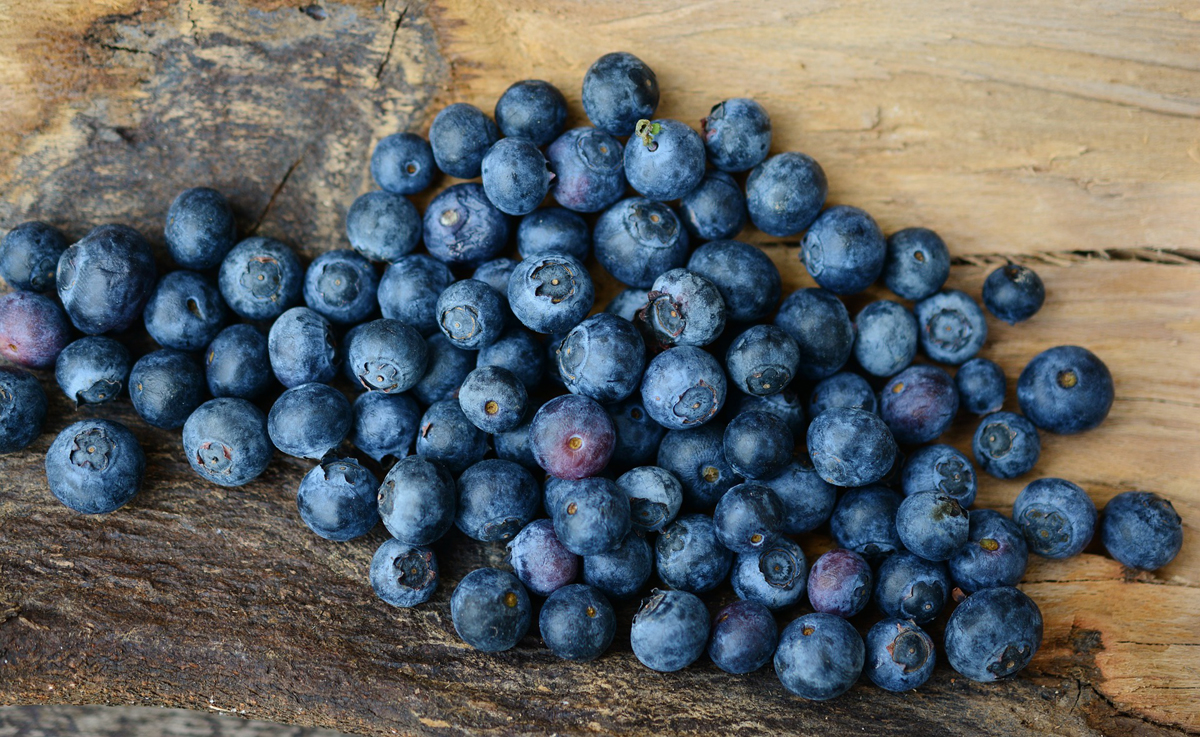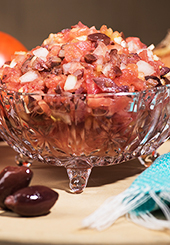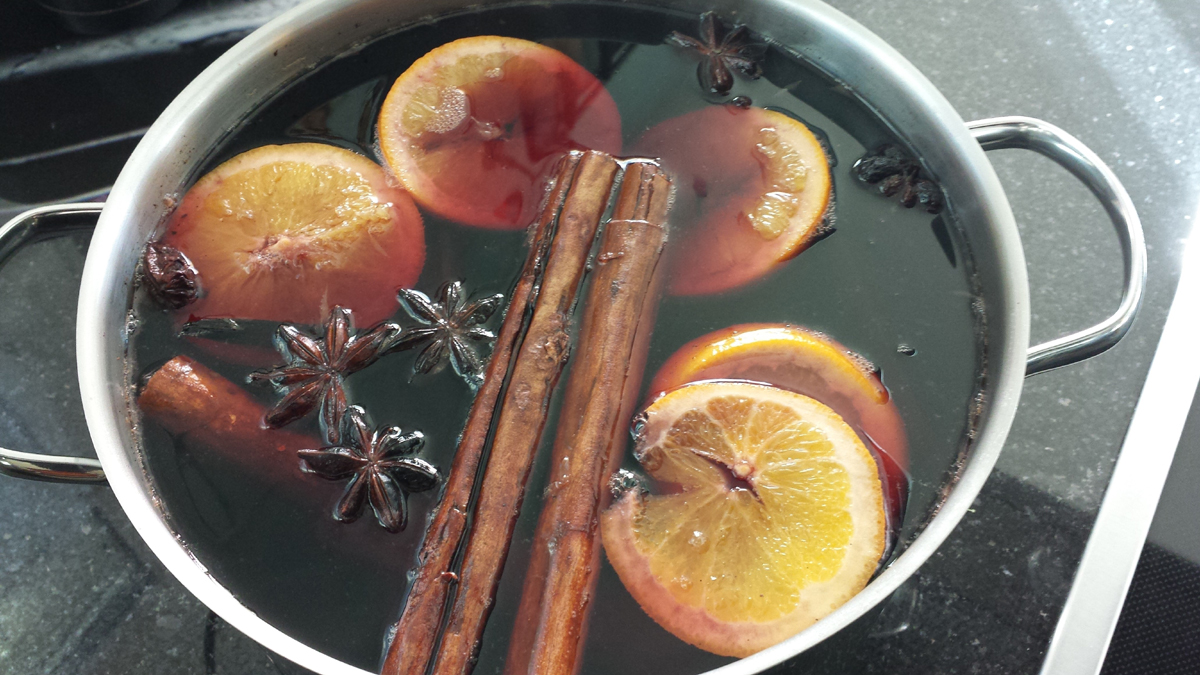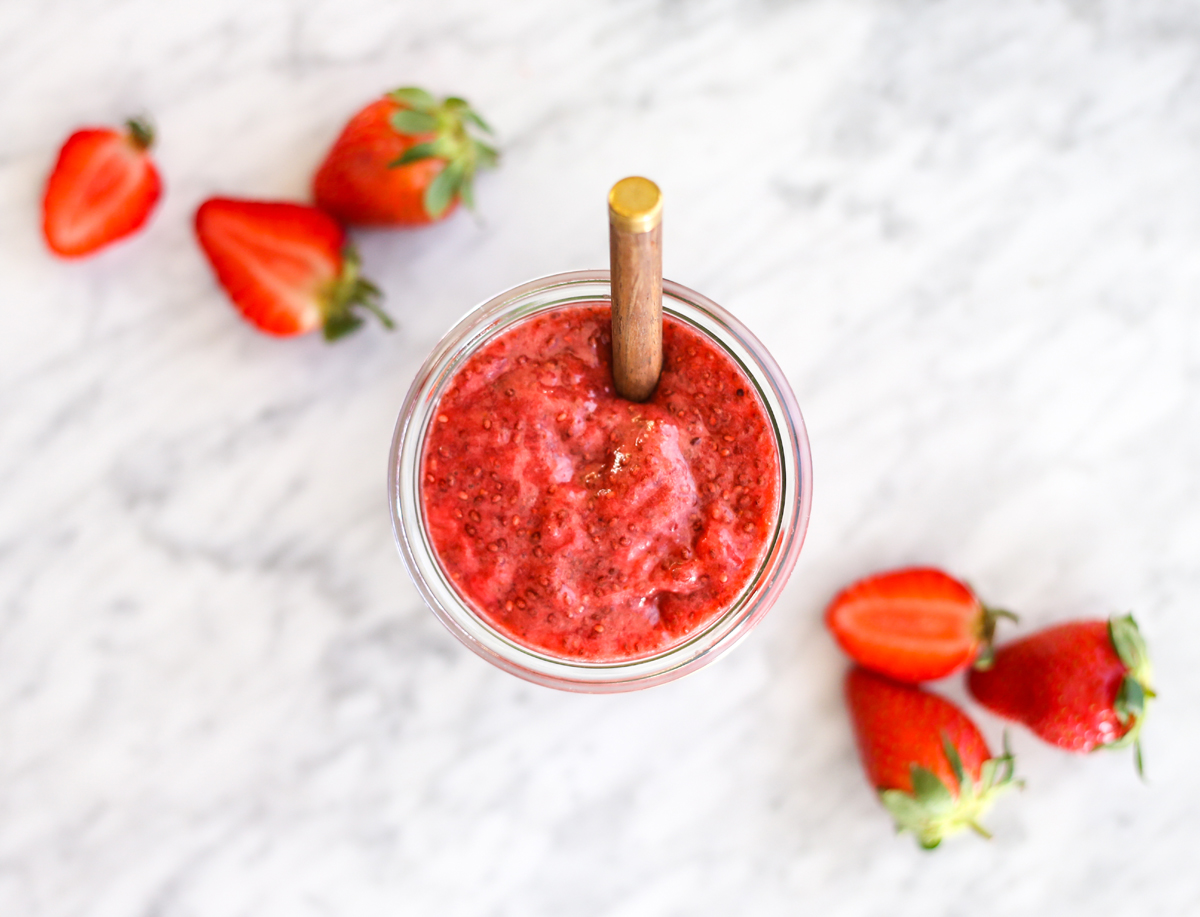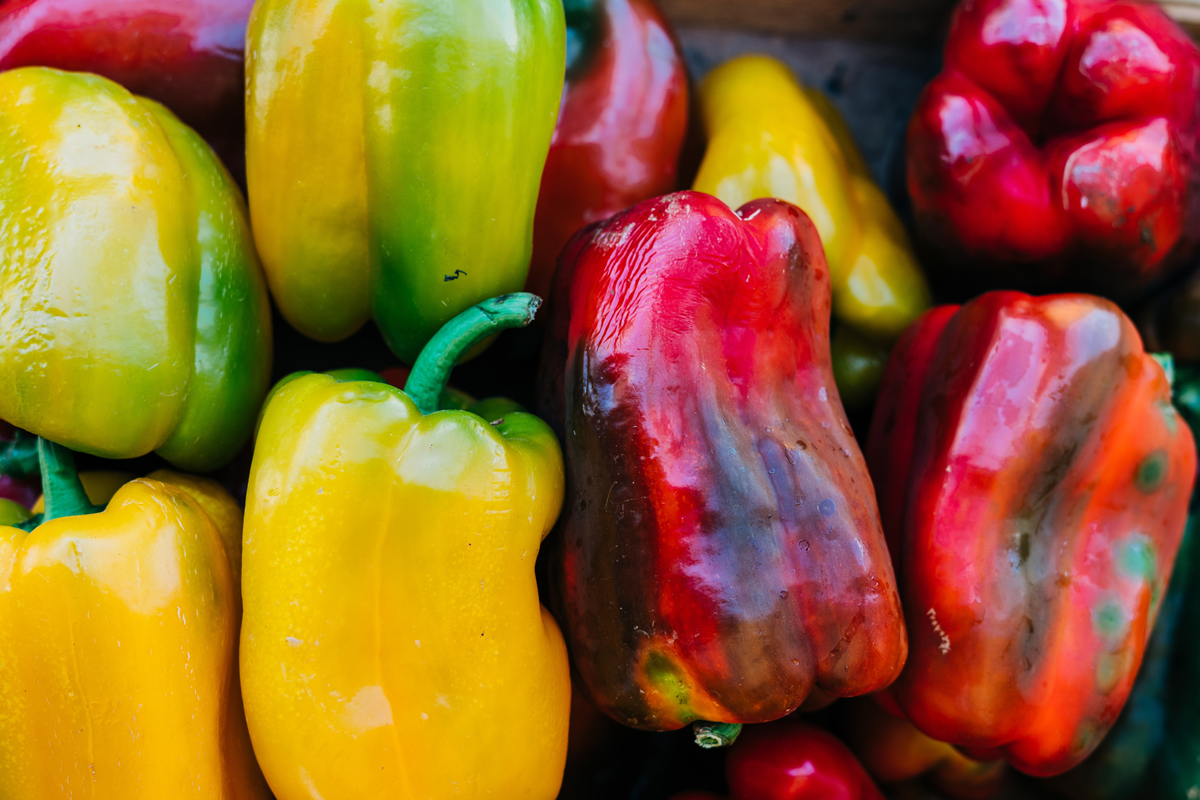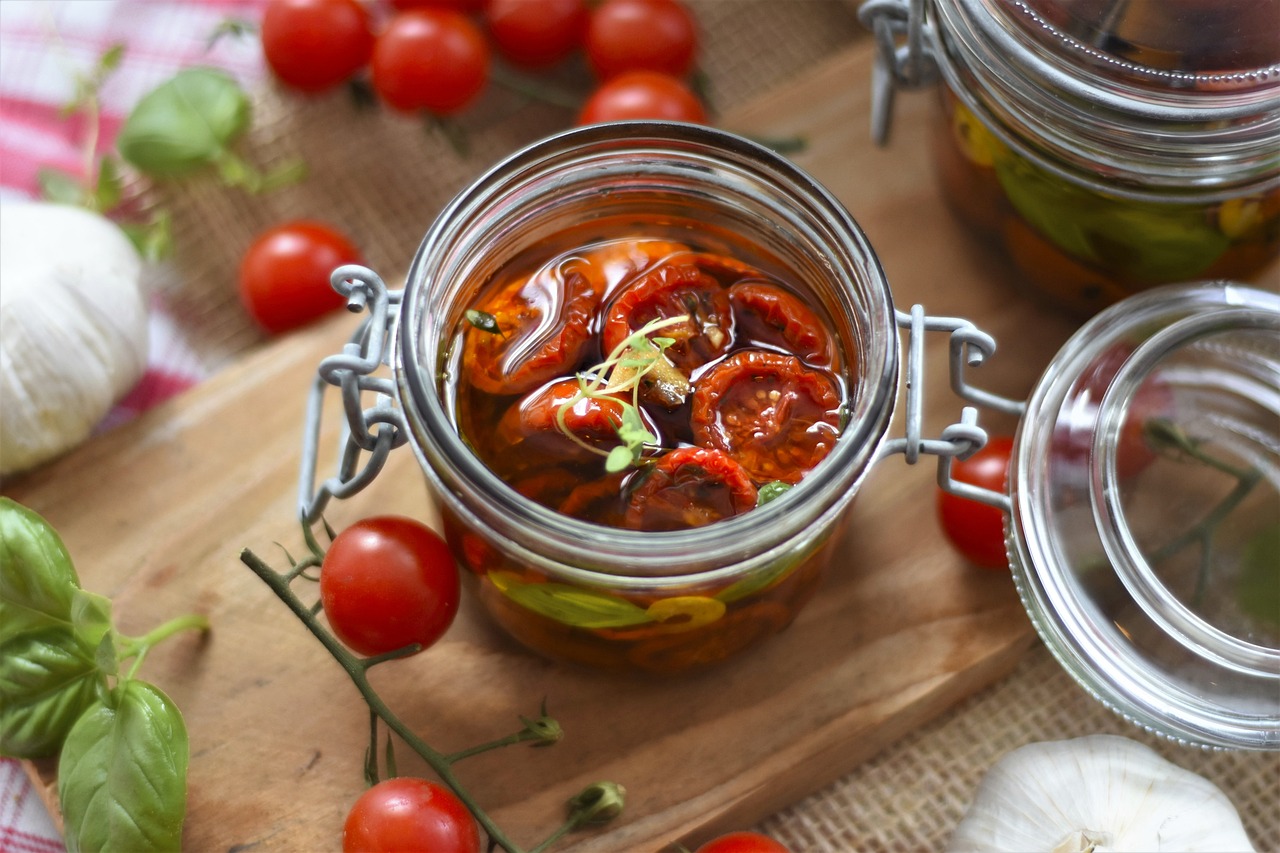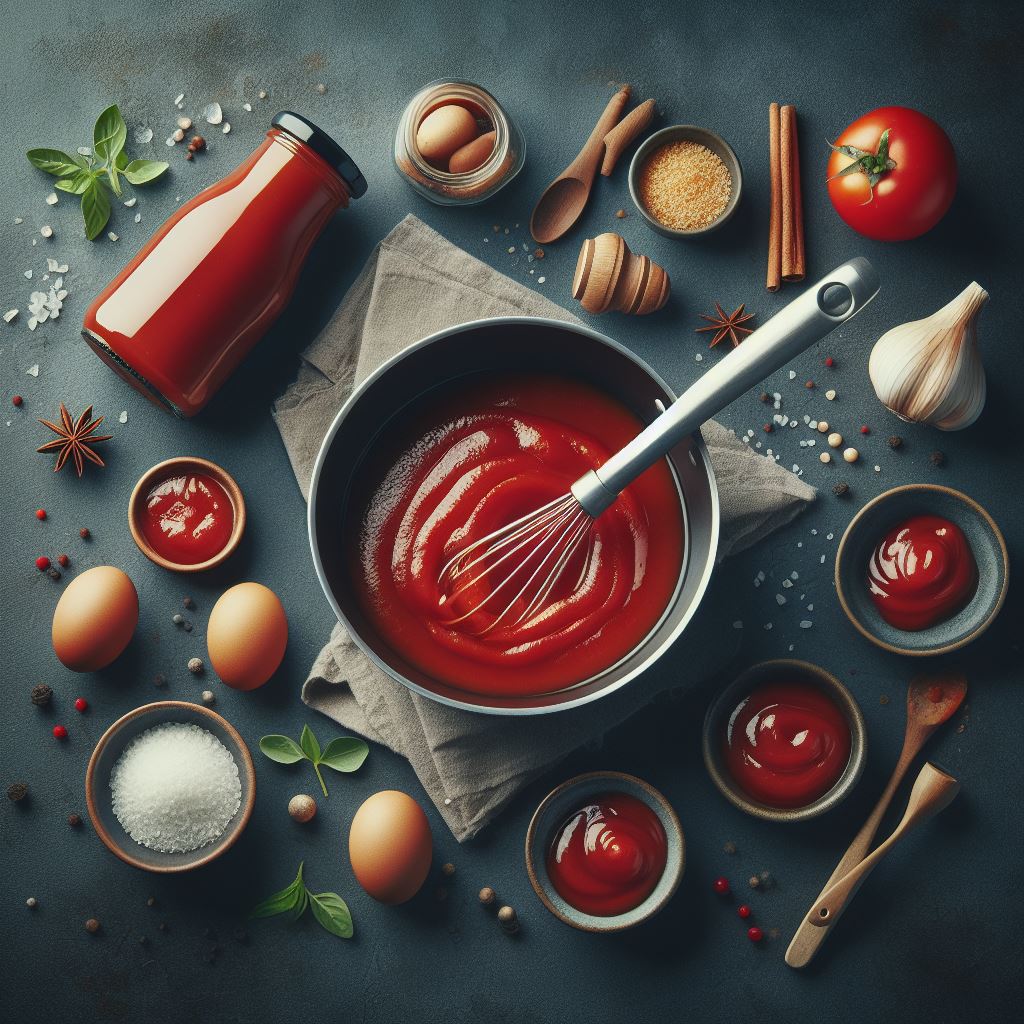Infuse Olive Oil – Homemade Seasonings
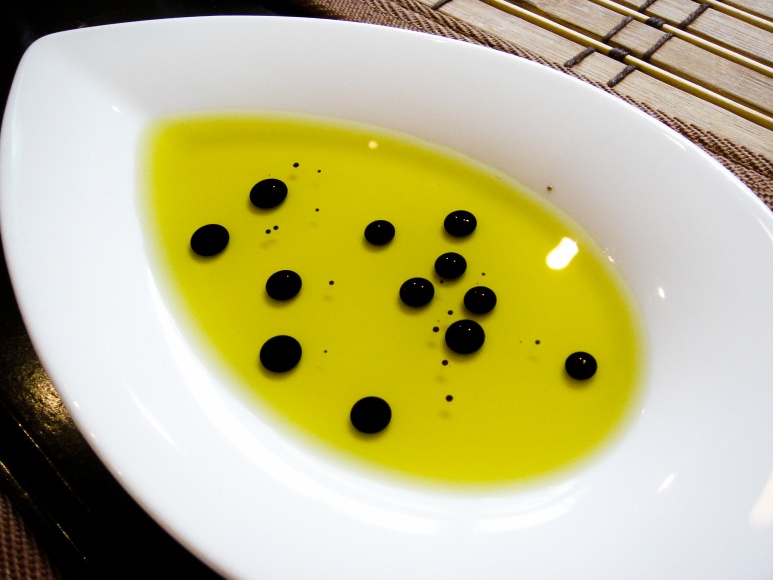
Herbed oil are a boon in the kitchen if you want to make your own oil for dipping bread, marinate, brown meats and braise, baste, make fried rice, cook in oil and make salad dressings. They can also be used and made in a slightly different way, in beauty preparations.
Homemade Seasonings:
Herbs that make good culinary oils are basil, savory, fennel, thyme, rosemary and tarragon. The taste of basil goes well with tomatoes, so cook ratatouille in basil oil; fennel goes well with fish and in salads; tarragon suits fish, poultry or meats; thyme is excellent with vegetables.
If possible make your herbed oil in summer as strong sunlight is needed for the aromatic oils to be extracted from the herbs.
Infusing Olive Oil:
Crush the freshly cut herbs in a pestle and mortar, or put them through a blender. Put two tablespoons of pounded herbs in a 1 ¼ cup crock or wide-necked, screw-top bottle. Fill three quarters full with sunflower, corn, vegetable or olive oil. Add one tablespoon of wine vinegar and three or four black peppercorns. Seal the bottle tightly and put it somewhere where it will receive hot sunlight. Leave it for two to three weeks, shaking the bottle once or twice a day. After this time, strain off the oil, pressing all the oil out of the crushed herbs and discard the herbs.
Repeat the process with freshly cut herbs for another three weeks. Then test to see if the oil is sufficiently saturated. A little oil on the back of the hand should really smell of the herb.
If there is not enough sunshine to bring out the flavor of the herb then you can put the crock or bottle, securely fastened of course, into a double boiler and warm it below boiling point for a few hours each day. The oil should be strong enough after seven or eight days of this treatment.
When the oil is ready, pour it through a strainer set over a funnel into a dry clean bottle. Add a sprig of fresh herbs for decoration; tightly cork the bottle and store for use as required.
Herbal Vinegar:
Vinegar, like alcohol, is another good medium for absorbing the flavor and aromatic qualities of herbs. They will improve any salad dressing or marinade, particularly in winter when many fresh herbs are unobtainable. Like herbed oil they may be used as a bath additive.
Excellent vinegar can be made using the leaves of one or more of the following herbs: lemon balm, basil, borage, salad burnet, dill, fennel, marjoram, summer savory, mint, tarragon, and thyme. Or try mixing some of them—such as summer savory, marjoram, chives and tarragon.
Use only fresh herbs. You will need about 2 cups of leaves to 5 cups of vinegar.
You can use red or white wine vinegar, cider vinegar or malt vinegar. White wine vinegar goes well with tarragon, basil and salad burnet; cider vinegar suits mint, and red wine vinegar goes will with garlic.
Wash and dry the leaves and pack loosely into a wide-mouthed glass jar. Pour the vinegar over the herbs and add two or three black peppercorns. Cover the jar tightly and put it where you will remember to shake it. Or stir the contents with a wooden spoon, every other day.
After ten days taste it. If it is not herby enough strain out the herb leaves and discard them. Add fresh leaves and start all over again. Leave for another ten days and check again.
When the vinegar is flavored enough, strain it into bottles through a funnel. Push a sprig of fresh herb for decoration and cork or cap tightly.
Vinegar From Seeds
Herbal vinegar from coriander or dill seeds have a spicy flavor—dill tastes mildly of caraway. Bruise the seeds with a pestle and mortar. Allow two tablespoons of seeds to ever 5 cups of vinegar. Put them into a jar and pour over warmed vinegar. Cork or cover the jar tightly and put in a warm place for two weeks, shaking it from time to time. When the vinegar is ready, strain it into clean dry bottles through a funnel lined with filter paper, muslin or cheesecloth and cork tightly.
Garlic Vinegar:
Put garlic cloves into vinegar. Leave for twenty-four hours and then remove them.
The Author:
Kali S Winters is a gardening enthusiast and author who spends much of her time teaching others how to setup and maintain beautiful amazing gardens.

